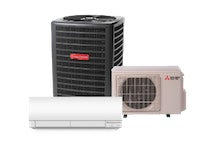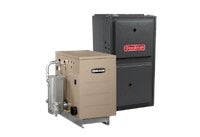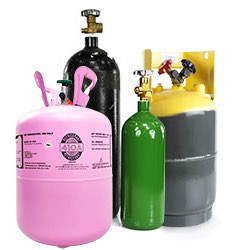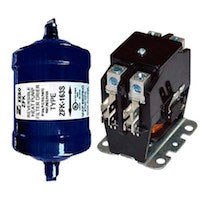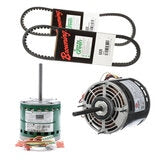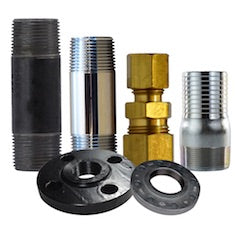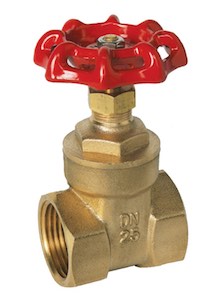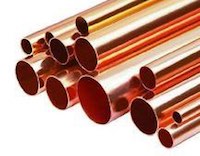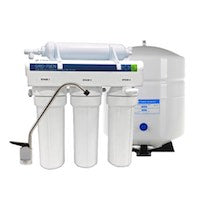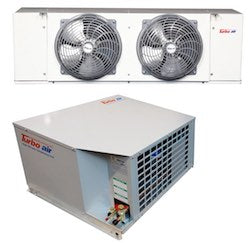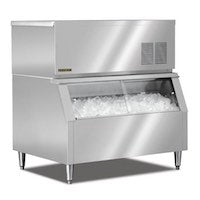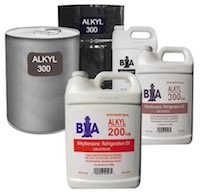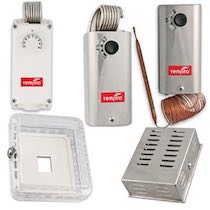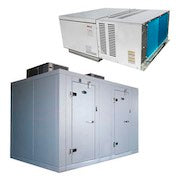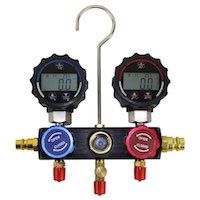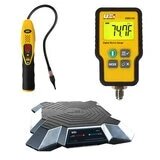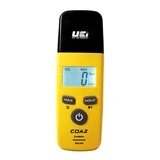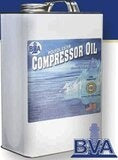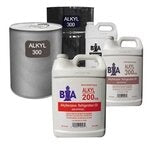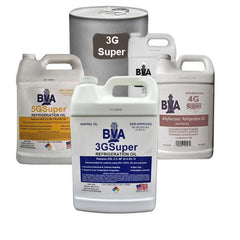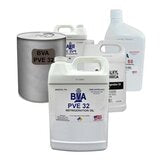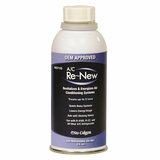
Categories
Price
Type List
Brand List
Oils
BRAND: Nu-Calgon
Available in 2-4 days
BRAND: BVA
Size: 1 Gallon
BRAND: BVA
Size: 1Quart
BRAND: BVA
Size: 5 Gallon
BRAND: BVA
Size: 5 Gallon
BRAND: BVA
Size: 1 Gallon
Calumet Ro 30 Replaces Suniso 4GS
BRAND: BVA
Size: 1Quart
Calumet Ro 15 Replaces Suniso 3GS
BRAND: BVA
Size: 1 Gallon
Calumet Ro 15 Replaces Suniso 3GS
BRAND: BVA
Size: 1 Gallon
BRAND: BVA
Size: 1 Gallon
BRAND: BVA
Size: 1 Quart
BRAND: Yellow Jacket
BRAND: Nu-Calgon
Available in 2-4 days
BRAND: Nu-Calgon
Available in 2-4 days
BRAND: Nu-Calgon
Available in 2-4 days
BRAND: Nu-Calgon
Available in 2-4 days
BRAND: Nu-Calgon
Available in 2-4 days
BRAND: Nu-Calgon
BRAND: BVA
Size: 55 Gallon
BRAND: BVA
Size: 1Quart
BRAND: BVA
Size: 55 Gallon
BRAND: BVA
Size: 55 Gallon
Calumet Replaces Suniso 5GS
BRAND: BVA
Size: 5 Gallon
Calumet Replaces Suniso 5GS
BRAND: BVA
Size: 1Quart
Calumet Replaces Suniso 5GS
BRAND: BVA
Size: 1 Gallon
Calumet Replaces Suniso 5GS
BRAND: BVA
Size: 55 Gallon
Calumet Ro 30 Replaces Suniso 4GS
BRAND: BVA
Size: 5 Gallon
Calumet Ro 30 Replaces Suniso 4GS
BRAND: BVA
Size: 1Quart
Calumet Ro 30 Replaces Suniso 4GS
BRAND: BVA
Size: 55 Gallon
Calumet Ro 15 Replaces Suniso 3GS
BRAND: BVA
Size: 5 Gallon
Calumet Ro 15 Replaces Suniso 3GS
BRAND: BVA
Size: 55 Gallon
BRAND: BVA
Size: 5 Gallon
BRAND: BVA
Size: 1 Gallon
BRAND: BVA
Size: 55 Gallon
Bitzer Screw R-22
BRAND: BVA
Size: 5 Gallon
Bitzer Screw R-22
BRAND: BVA
Size: 1 Gallon
Bitzer Screw R-22
BRAND: BVA
Size: 1 Gallon
BRAND: BVA
Size: 5 Gallon
BRAND: BVA
Size: 55 Gallon
BRAND: BVA
Size: 55 Gallon
BRAND: BVA
Size: 5 Gallon
BRAND: BVA
Size: 1 Gallon
BRAND: BVA
Size: 55 Gallon
BRAND: BVA
Size: 5 Gallon
BRAND: BVA
Size: 1 Gallon
BRAND: BVA
Size: 55 Gallon
Replaces BITZER BSE 85K
BRAND: BVA
Size: 5 Gallon
Replaces BITZER BSE 85K
BRAND: BVA
Size: 1 Gallon
Replaces BITZER BSE 85K
BRAND: BVA
Size: 55 Gallon
Replaces BITZER BSE 68K/ CO2 Oil
BRAND: BVA
Size: 5 Gallon
Replaces BITZER BSE 68K/ CO2 Oil
BRAND: BVA
Size: 1 Gallon
Replaces BITZER BSE 68K/ CO2 Oil
BRAND: BVA
Size: 55 Gallon
BRAND: BVA
Size: 5 Gallon
BRAND: BVA
Size: 1 Gallon
BRAND: BVA
Size: 5 Gallon
BRAND: BVA
Size: 55 Gallon
BRAND: BVA
Size: 55 Gallon
BRAND: BVA
Size: 5 Gallon
BRAND: BVA
Size: 1 Gallon
BRAND: BVA
Size: 55 Gallon
BRAND: BVA
Size: 5 Gallon
BRAND: BVA
Size: 1 Quart
BRAND: BVA
Size: 1 Gallon
BRAND: BVA
Size: 1 Quart
BRAND: BVA
Size: 5 Gallon
BRAND: BVA
Size: 55 Gallon
BRAND: BVA
Size: 1 Gallon
BRAND: BVA
Size: 5 Gallon
BRAND: BVA
Size: 55 Gallon
BRAND: BVA
Size: 55 Gallon
BRAND: BVA
Size: 5 Gallon
BRAND: BVA
Size: 1 Quart
BRAND: BVA
Size: 1 Gallon
BRAND: BVA
Size: 55 Gallon
BRAND: BVA
Size: 5 Gallon
BRAND: BVA
Size: 1 Gallon
BRAND: BVA
Size: 5 Gallon
BRAND: BVA
Size: 55 Gallon
BRAND: BVA
Size: 1 Gallon
BRAND: BVA
Size: 5 Gallon
Refrigerant oils play a crucial role in the performance and longevity of HVAC systems. They are specially formulated to lubricate the moving parts of compressors, enhance energy efficiency, and reduce wear and tear on components. Different types of refrigerant oils are designed to work with specific refrigerants, making it essential to select the correct oil for your system. In this article, we will explore four common types of refrigerant oils: Polyol Ester (POE), Polyvinyl Ether (PVE), Mineral Oils, and Alkylbenzene Lubricants.
Polyol Ester (POE) Oil
POE oil is one of the most widely used synthetic refrigerant oils, especially in systems using hydrofluorocarbon (HFC) refrigerants like R-134a and R-410A. This oil is known for its excellent lubricating properties and chemical stability, making it ideal for modern HVAC systems. POE oil offers superior miscibility with HFC refrigerants, ensuring that the oil and refrigerant mix well and circulate efficiently within the system. This is crucial for maintaining consistent performance and preventing compressor failure.
In addition to its miscibility, POE oil is highly resistant to moisture absorption, which helps prevent the formation of acids and sludge in the system. However, care must be taken to keep the oil free from contaminants, as it can degrade if exposed to water for extended periods.
Polyvinyl Ether (PVE) Oil
PVE oil is another synthetic option that is gaining popularity in refrigeration and air conditioning systems. Similar to POE oil, PVE oil is compatible with HFC refrigerants and offers excellent lubricating properties. What sets PVE oil apart is its improved resistance to hydrolysis, which means it is less likely to degrade when exposed to moisture. This makes it a more stable and durable choice in environments where moisture control may be challenging.
PVE oil also offers enhanced chemical stability and is compatible with both CO2 and ammonia-based refrigerants, making it a versatile option for a wide range of applications. Its lower moisture absorption rate also means that the system can operate more efficiently with reduced maintenance requirements.
Mineral Oils
Mineral oils were traditionally used in older HVAC systems, particularly those utilizing chlorofluorocarbon (CFC) refrigerants like R-12 and hydrochlorofluorocarbon (HCFC) refrigerants such as R-22. While these oils are less chemically complex than synthetic alternatives, they offer good lubricating properties for systems designed around these older refrigerants.
One drawback of mineral oils is their limited miscibility with newer refrigerants, particularly HFCs, which has led to a decline in their use. However, for systems that still use CFC or HCFC refrigerants, mineral oils remain a reliable option. As more systems transition to environmentally-friendly refrigerants, synthetic oils are becoming the standard for new installations.
Alkylbenzene Lubricants
Alkylbenzene (AB) lubricants offer a middle ground between synthetic and mineral oils. These oils are synthetic in nature but have properties that make them compatible with older refrigerants like R-22, as well as some blends of refrigerants used in retrofitted systems. Alkylbenzene oils are prized for their excellent miscibility with HCFCs and offer better thermal and chemical stability than mineral oils.
In addition to their versatility, alkylbenzene oils are less prone to wax separation at low temperatures, making them ideal for low-temperature refrigeration applications. They also offer a longer service life, reducing the need for frequent oil changes and maintenance.
Choosing the Right Refrigerant Oil
Selecting the right refrigerant oil for your HVAC system depends on the type of refrigerant being used and the specific demands of the system. As modern systems increasingly rely on synthetic refrigerants, POE and PVE oils have become the go-to choices for many applications. However, for older systems still operating on HCFCs or CFCs, mineral oils and alkylbenzene lubricants may be necessary to maintain proper function.
Ensuring compatibility between the refrigerant and oil is crucial to avoiding compressor damage and ensuring optimal performance. For professional guidance, it's always advisable to consult with an HVAC expert to determine the best refrigerant oil for your system's needs.

 HVAC
HVAC
 Plumbing
Plumbing
 ELECTRICAL
ELECTRICAL
 Tools & Test Instruments
Tools & Test Instruments
